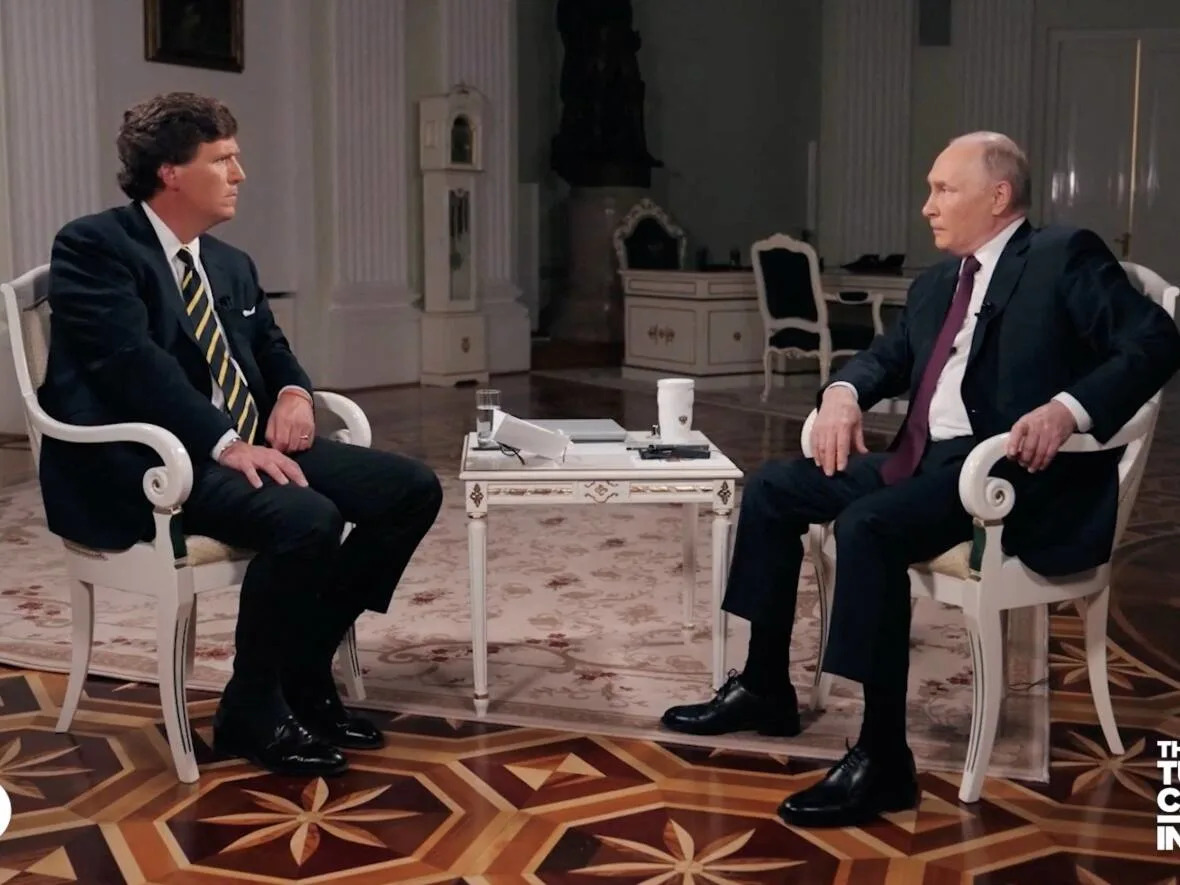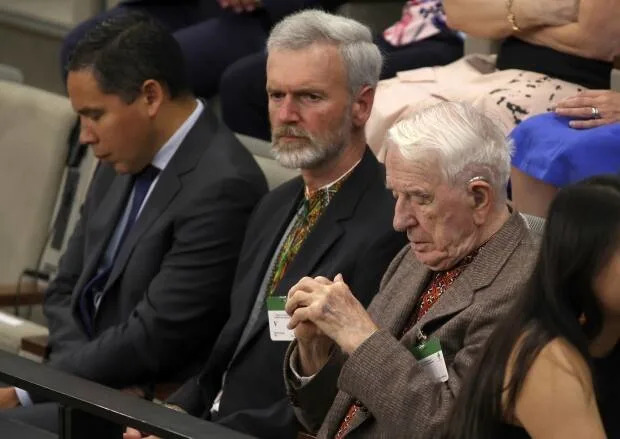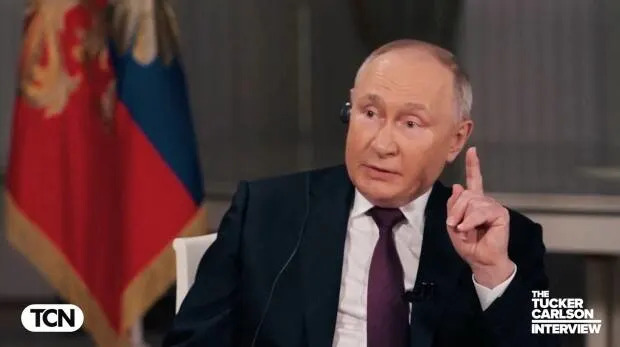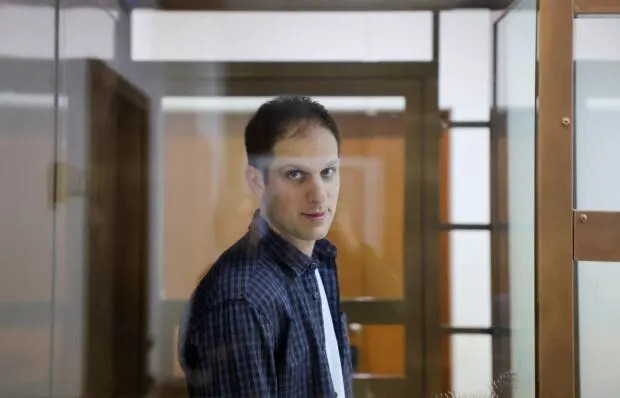Fri, February 9, 2024

An evening view of the financial Central district and Victoria Harbour in Hong Kong
By Kane Wu and Selena Li
HONG KONG (Reuters) -Job cuts at Western investment banks in Asia are expected to increase this year as revenue pressures rise due to deepening economic and market turmoil in China, even as deal prospects brighten in Japan and India, headhunters and bankers said.
A new round of staff cuts that began in late 2023 on the Chinese mainland and Hong Kong, key regional investment banking hubs, will gather pace in the coming months, they added.
U.S. boutique bank Lazard announced internally last month it would close its Beijing office, resulting in some employees being laid off, while others were to be relocated to Hong Kong, two people with knowledge of the move said.
Its European peer Rothschild disbanded its Shanghai-based team in the fourth quarter, two separate people with knowledge of the matter said. Bank of America last month announced job cuts of more than 20 bankers in Asia.
The sources declined to be named as they are not authorised to speak to the media.
Lazard and Rothschild declined to comment.
China's stock markets hovering around five-year lows and the country's weaker-than-expected recovery from the pandemic have deepened investor worries and soured companies' domestic demand outlook. Geopolitical tensions have also driven foreign investors away.
"If the deal flow continues the way it has been in 2023, the market could expect some more cuts," said Sid Sibal, vice president Greater China and head of Hong Kong, at recruitment firm Hudson.
CHINA DEALS
Financial institutions on average have cut roughly 20% of their workforce in Asia last year - with some reductions hitting the highest level since the 2008 financial crisis, Sibal said.
More than 400 investment bankers lost their jobs in Hong Kong alone, most of them focused on China deals, said two investment banking headhunters, who declined to be identified as they are not authorised to speak to the media.
"I don't think western investors will come back to look at China deals soon," said a regional investment banking head at a large European bank who also declined to be named for the same reason.
Global investment banks' income from equities business generated from Chinese clients slumped to $4 billion in 2023, 30% lower than 2022, and M&A posted a 16% fall to $629 million last year, according to data from LSEG.
Overall, investment banking fees collected by global banks in the Asia Pacific dropped 25% in 2023 from a recent peak of $40.6 billion in 2021, LSEG data showed.
UBS is planning headcount cuts in the coming months as the Swiss investment bank's China-focused bankers swelled after it took over Credit Suisse, two sources with knowledge of its plans said.
UBS declined to comment.
'EPISODIC ACTIVITY'
To cushion the impact of China's slowdown, bankers are hoping a promising deals pipeline from India to Japan will make bigger contributions to Asian revenue. They cautioned, however, that fee income growth would remain challenging in the near term.
"Most other Asian markets are too small or episodic in activity," said Craig Coben, a former Bank of America senior banker in Asia and now a managing director at financial expert witness firm Seda Experts.
"Japan has depth as a developed market, but in most years Greater China revenues have dwarfed Japan by several times. India is growing fast, but fee spreads are tight and it's not close to replacing China."
Rahul Saraf, head of India investment banking at Citigroup, estimates India revenue will grow between 15% and 25% for the industry, with a number of prospective multibillion-dollar transactions boosting the outlook.
"All banks will add resources to India but I don't think there is a shift from China to India or Korea to India."
(Reporting by Selena Li and Kane Wu in Hong Kong; Additional reporting by Scott Murdoch in Sydney,Roxanne Liu in Beijing, Sinead Cruise in London and Lananh Nguyen in New York; Editing by Sumeet Chatterjee and Jacqueline Wong)
















